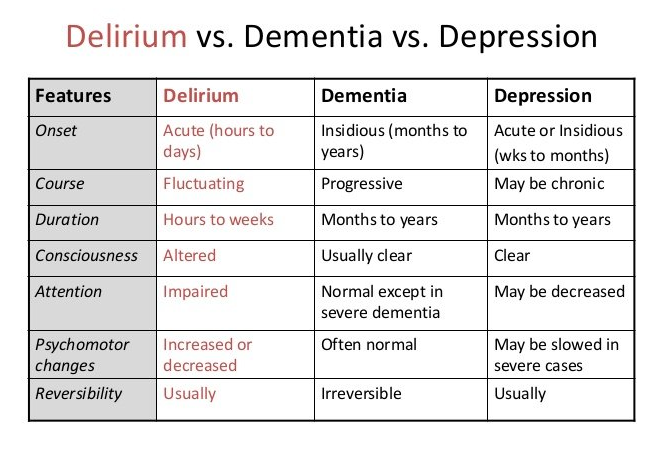
Coase warned, “If you torture the data long enough, it will confess. Coincidentally (although as skeptics, we do not believe in coincidence), the initial statistical team was changed when data were sold to the French pharmaceutical company applying for the marketing authorization in France. Although he cited us,3 he overlooked the evidence we provided indicating that the Bacloville article4 was published without acknowledging major changes to the initial protocol, affecting the primary outcome. Second, Dr Andrade should have warned readers that Bacloville’s results are most questionable, lacking robustness.
#PTSD AUDITORY HALLUCINATIONS TRIAL#
To the Editor: Dr Andrade’s analysis of the Bacloville trial in a recent Clinical and Practical Psychopharmacology column, in which he concluded that “individualized treatment with high-dose baclofen (30-300 mg/d) may be a useful second-line approach in heavy drinkers” and that “baclofen may be particularly useful in patients with liver disease,” deserves comment.1įirst, Andrade failed to recall that the first pivotal trial of baclofen, ALPADIR (NCT01738282 320 patients, as with Bacloville), was negative (see Braillon et al2).

Brewin, PhD, Clinical, Educational and Health Psychology, University College London, Gower St, London WC1E 6BT, United Kingdom ( a French Exception, Seriously Harms Alcohol Use Disorder Patients Without Benefit Submitted: Jaccepted October 19, 2009.Ĭorresponding author: Chris R. Study 2 confirmed that hearing voices was also present in a civilian sample, that it was specific to PTSD, and that it had the characteristics of a pseudohallucination.Ĭonclusions: The results emphasize the dissociative nature of PTSD, identify a little-known symptom that causes considerable distress, and suggest new directions for the assessment and treatment of PTSD in military Auditory hallucinations and the experience of trauma attend individuals who suffer a broad variety of psychiatric disorders, including schizophrenia and post-traumatic stress disorder (PTSD). Results: Study 1 showed that more veterans with current or past PTSD than no PTSD described hearing voices, which was related to other dissociative reactions. Study 2, which was conducted from 2004 to 2008 in London, United Kingdom, compared hearing voices in civilian patients with PTSD, healthy controls exposed to trauma, and depressed patients. Method: Study 1, which was conducted from 2005 to 2008 at numerous sites in the United Kingdom, contrasted male war veterans with current PTSD, past PTSD, and no PTSD on measures of dissociation and hearing voices. Its phenomenological characteristics in more detail. Study 2 tested whether reports of hearing voices would generalize to a civilian sample, evaluated whether it was specific to PTSD or could be explained by trauma exposure alone, and investigated We investigated this feature in a pair of studies: Study 1 tested whether hearing voices was also reported by United Kingdom war veterans and whether it was associated with other dissociative reactions. Objective: Hearing voices is a little-known feature of posttraumatic stress disorder (PTSD), mainly reported in US war veterans it may be better conceived of as a dissociative than as a psychotic phenomenon.


 0 kommentar(er)
0 kommentar(er)
